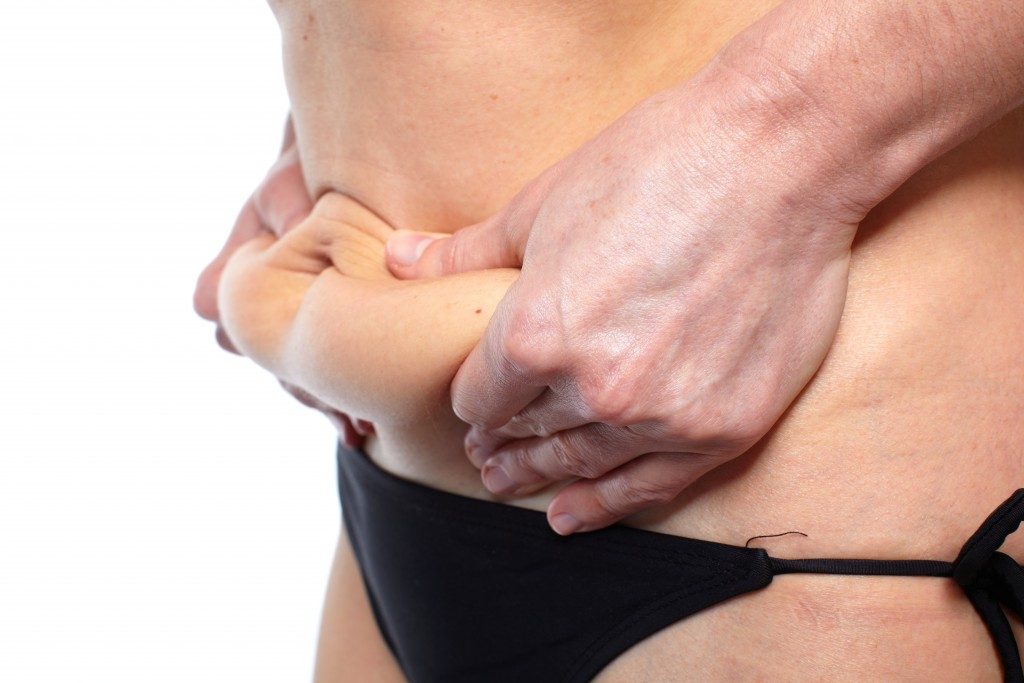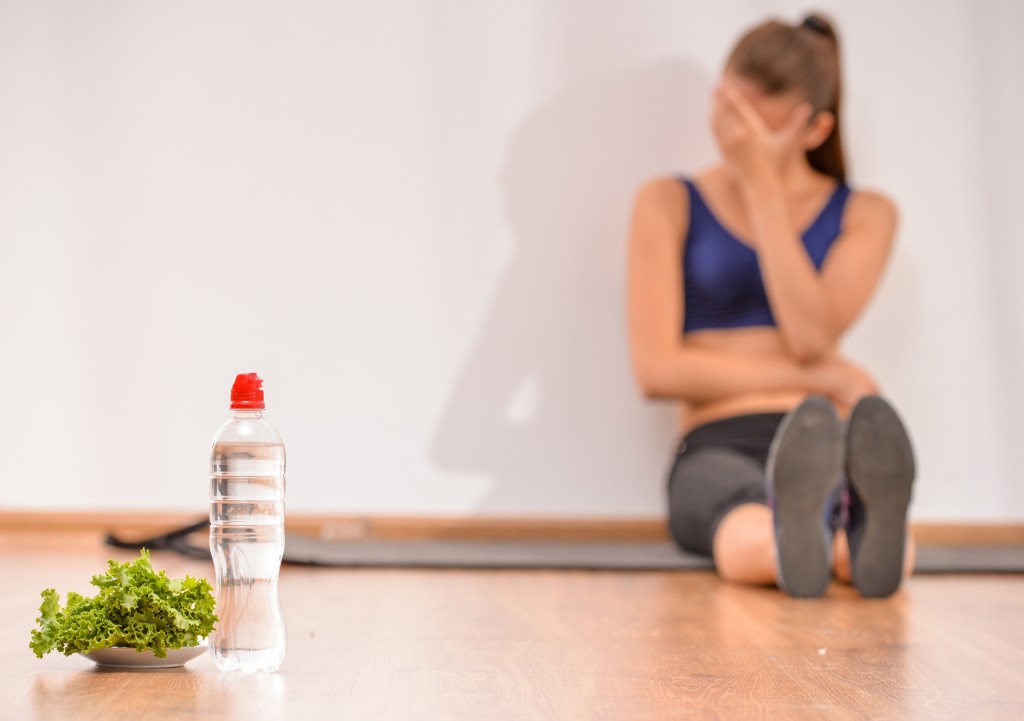 Understanding body image, its causes, and its effect allows us to understand behaviors that are often associated with our self-esteem and body image. Sometimes, cases of mental health problems are results of negative body image such as anorexia and bulimia nervosa.
Understanding body image, its causes, and its effect allows us to understand behaviors that are often associated with our self-esteem and body image. Sometimes, cases of mental health problems are results of negative body image such as anorexia and bulimia nervosa.
We may not be discussing the most effective treatment options for bulimia nervosa, but understanding the possibility of the body affecting our mental health can break the stigma in such mental health issues. First, let’s try to discuss the definition of body image.
What Is Body Image?
Body image is a personal view and feeling towards one’s body. Having a healthy body image means that you are comfortable with the way you look and you command your own self-worth. It also includes the behavior that resulted from those thoughts and feelings. It is not about weight or size. There are people who comfortable in their own skin despite not meeting the unrealistic standards of beauty in society.
However, there are individuals who are easily affected by other people’s judgments of their appearance, making them criticize themselves and compare their body image with the commonly seen body image among celebrities. Unfortunately, images of celebrities are filtered, edited, and portray false standards of beauty. Because of that, women who look up to these celebrities tend to find their self-worth based on conforming with the popular unrealistic beauty standards, placing their physical and mental health at risk.
How Can Society Affect Body Image?

The possibility of developing a negative body image is higher on women since girls are more pressured to measure up to strict and unrealistic social and cultural beauty ideals that are often focused on the physical attributes of women than anything else that they are capable of. Recognition of women is often associated with their appearance even if they can offer actions, thoughts, and ideals that are better than everyone else.
This makes women vulnerable to negative body image because their appearance affects a great deal about their career, accomplishments, and opportunities that can present themselves worthy regardless of how they look.
According to the Office of Women’s Health, women who possess positive body image, especially women, tend to have good mental health conditions. However, the trend in pop culture and the ‘thin-ideal’ media makes positive body image difficult to all women considering that there are various body types that don’t fit the ‘thin-ideal’ trend.
Because of the pervading unrealistic beauty standards, women are at a higher risk of suffering from the most common low self-esteem to complex problems like eating disorders, depression, and other negative effects on their mental and physical well-being. This can also lead to more problems in other areas of their life.
Understanding this relationship between the body image that popular media presents and its gap from realistic body images can help us adjust our perspective and deal with this problem holistically. If culture adversely affects the health of the public, there should be efforts in raising awareness about negative body image, how the stigma can be broken, and how we can help those affected by it.

